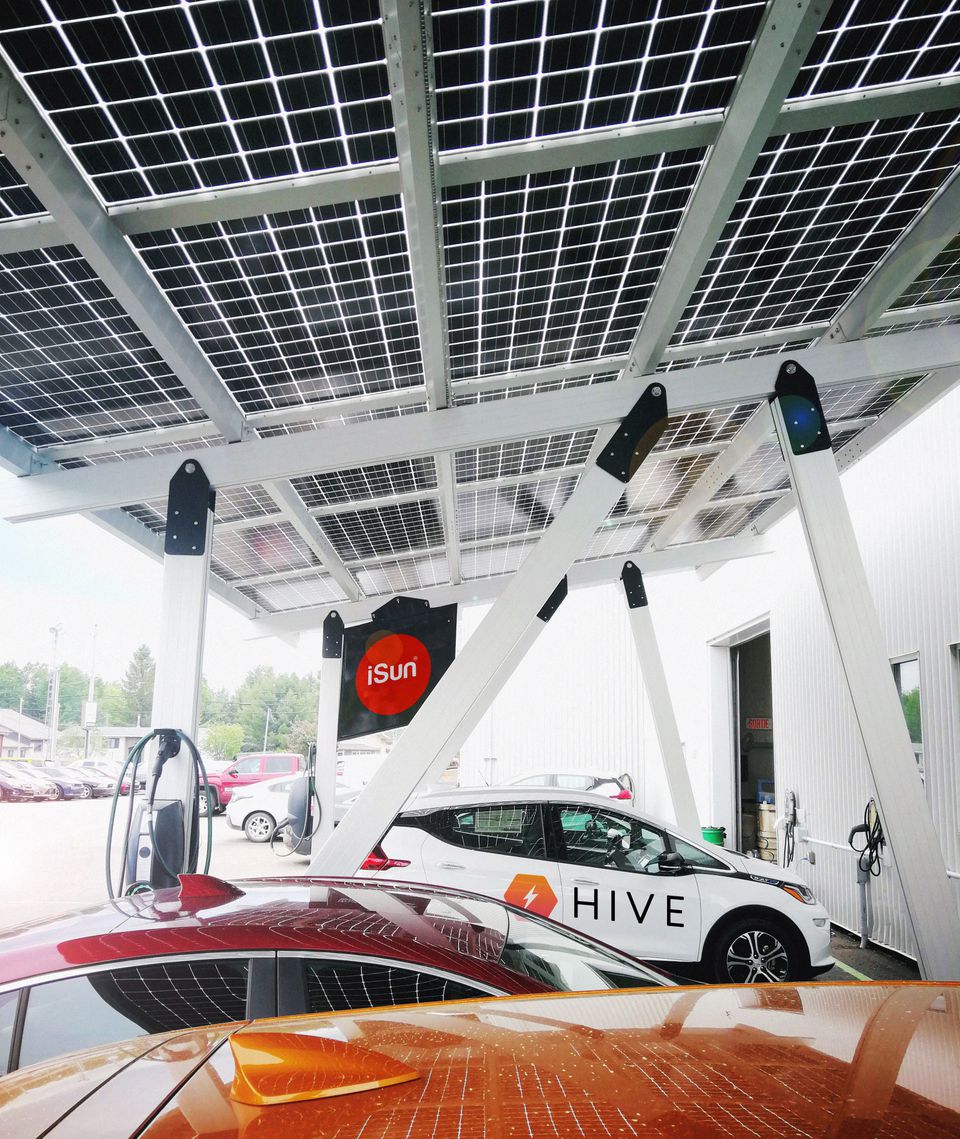Dec 14 (Reuters) – Electric vehicle leasing startup Hive Technologies Inc said on Tuesday it closed a $30 million funding round to expand its fleet for ride-hail drivers who can otherwise not afford the vehicles’ higher upfront costs.
Backed by environmental, social and governance (ESG)-focused investors, the company leases EVs to Uber Technologies Inc (UBER.N) and Lyft Inc (LYFT.O) drivers on a per-mile cost basis offering a potentially cheaper option than taking out a loan to buy a new EV.
“The more you drive, the faster the car payment goes to zero. So instead of going under the water on a loan, you’re benefiting,” Hive Chief Executive Mathias Thomsen said in an interview with Reuters.
The company currently only operates with General Motors’ (GM.N) Chevrolet Bolts in California, but is talking to other automakers to broaden its vehicle line up and plans to expand to several other states in the coming years, Thomsen said. The funding will increase Hive’s fleet to 1,000 vehicles from 100 at present.
Hive’s funding round comes as ESG-minded investors pour money into EV companies, betting on a rapid uptick in EV adoption over the next few years.
Uber and Lyft have both promised to run only electric vehicles on their U.S. ride-hail platforms by 2030, but it is yet unclear how low-income drivers are expected to finance the costlier cars.
Thomsen said Hive’s cars would be significantly cheaper, and drivers would be able to use solar-powered charging stations operated by iSun Inc (ISUN.O), which is also an investor in Hive.
Hive’s vehicles are acquired by Galway Sustainable Capital, a private-equity backed finance company and investor in Hive. Even at Hive’s lower leasing prices, the business presents attractive returns, with new EVs being paid off after around four years, said Galway President Trent Yang.
“We’re taking a bit more risk but we have great confidence that these EVs will retain real market value,” Yang said.











